Oaksmith is a premium Indian whisky, crafted by Suntory’s Chief Blender, Shinji Fukuyo, the creator of iconic Japanese whiskies Hibiki and Yamazaki, marks Beam Suntory’s entry into the Indian whisky segment and combines the finest Scotch Malts and American Bourbon using Japanese blending craft to bring the best of East and West for Indian consumers.
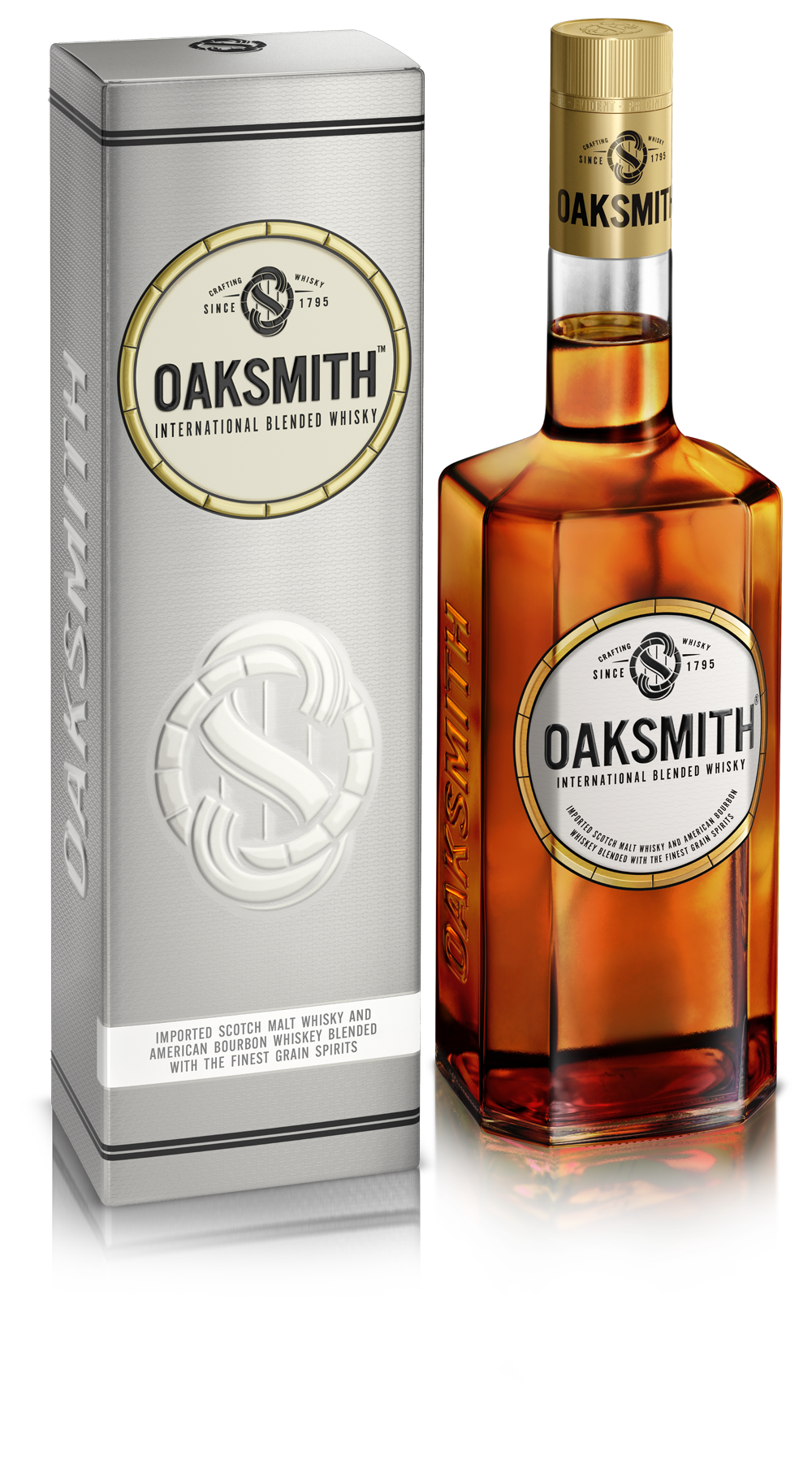 The global premium spirits company brings its finest and the most popular Japanese whiskies – Yamazaki and Hibiki – and Japanese craft gin – Roku – to India with the launch of The House of Suntory portfolio.
The global premium spirits company brings its finest and the most popular Japanese whiskies – Yamazaki and Hibiki – and Japanese craft gin – Roku – to India with the launch of The House of Suntory portfolio.
Beam Suntory, the global premium spirits company, has launched a range of four premium spirits in India, signaling its commitment and strategy to grow in India in line with its ambition to reach USD 1 billion in revenue by 2030. The highlight of the launch is the introduction of Oaksmith Indian whisky – created by world-renowned blender Shinji Fukuyo, Chief Blender, Suntory – using traditional Japanese craftsmanship, blended with the finest Scotch Malt whiskies and American Bourbons to make a whisky unique and authentic to Indian taste. In addition, the iconic Japanese whiskies Yamazaki Distiller’s Reserve and Hibiki Japanese Harmony, along with Roku® Japanese Craft gin have also been launched from The House of Suntory portfolio.
The launch of Oaksmith and Oaksmith Gold whisky in India is key to Beam Suntory’s growth strategy and signifies the importance of India to the company. Along with the introduction of Yamazaki, Hibiki and Roku, it reinforces the company’s commitment to lead the growth and premiumisation of the Indian spirits market.
The launch event of The House of Suntory was graced by Shinji Fukuyo, world-renowned Chief Blender at Suntory, the creator of the luxury and iconic blends of Hibiki and Yamazaki whiskies, and Neeraj Kumar, Managing Director of Beam Suntory India, along with George Kumekawa, Representative, The House of Suntory. The event highlighted the exceptional legacy of The House of Suntory, the art of making delicate whiskies, and the importance of India for Beam Suntory globally. The House of Suntory brands are being launched across all major cities including Delhi, Mumbai, Pune, Hyderabad and Bangalore. Yamazaki Distiller’s Reserve will be available in the range of INR 10,900 to INR 20,000 across different states; Hibiki Japanese Harmony for INR 10,900 to INR 20,000 and Roku® gin for INR 5,500 to INR 7,100.
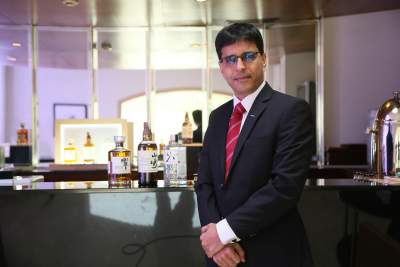 “We are thrilled by the appreciation that Hibiki and Yamazaki have received from consumers worldwide, and their popularity among spirits aficionados in India. The growing premiumisation of the Indian market and the appreciation for finely crafted spirits made this the right time to launch these brands, along with Roku gin. Indians today are well-travelled and exposed to global trends, which inspired the creation of Oaksmith for whisky lovers in India,” says Neeraj Kumar, Managing Director of Beam Suntory India. On Oaksmith and Oaksmith Gold, he said, “The beautiful blend incorporates years of tradition that the Beam Suntory family upholds while showcasing Shinji-san’s award-winning blending capabilities making it a whisky that, quite simply, no one else could possibly create.”
“We are thrilled by the appreciation that Hibiki and Yamazaki have received from consumers worldwide, and their popularity among spirits aficionados in India. The growing premiumisation of the Indian market and the appreciation for finely crafted spirits made this the right time to launch these brands, along with Roku gin. Indians today are well-travelled and exposed to global trends, which inspired the creation of Oaksmith for whisky lovers in India,” says Neeraj Kumar, Managing Director of Beam Suntory India. On Oaksmith and Oaksmith Gold, he said, “The beautiful blend incorporates years of tradition that the Beam Suntory family upholds while showcasing Shinji-san’s award-winning blending capabilities making it a whisky that, quite simply, no one else could possibly create.”
Oaksmith is a celebration of mastery and global collaboration, combining the best of East and West in a bottle. Blended by Shinji Fukuyo himself, Oaksmith is a harmonious blend of matured Scotch Malts that adds a strong flavour profile and American Bourbon whiskey, aged for at least four years in American Oak barrels which lends it an unmatched smoothness. That gives the brand its unique name and also inspires the round bottle labels celebrating its distinctive craftsmanship. Befitting the unique and distinct flavour palate, the exquisite six-sided bottle with beveled edges and a tall neck has an equally unique and ergonomic design that is an ode to the finest Japanese craftsmanship and makes it stand tall in this category. The company is celebrating its international pedigree with the use of the world map in all its creative expressions.
Much like The House of Suntory, Oaksmith blend is made using the finest ingredients and sincerity of process that is a hallmark of Beam Suntory’s Japanese heritage which is unique to this brand in the entire Indian whisky category. From seed to sip, the whisky is meticulously crafted to achieve a blend like no other resulting in a bold spirit that is rich on the nose yet approachable and well-balanced on one’s palate with a bright, smooth and unexpectedly long finish. The unique offering will be available at the price of an Indian whisky and the flavourful palate will be well suited to both beginners and connoisseurs alike. There will be two variants of the product – Oaksmith and Oaksmith Gold – which will launch on 19th December 2019 in the state of Maharashtra, followed by the rest of the country in due course. Oaksmith Gold will be priced in the range of INR 800 to INR 1,300, while Oaksmith will be priced in the range of INR 600 to INR 900 depending upon the state of launch. Both the variants will be premium in their respective categories due to the international quality of blend and craftsmanship they offer.
A relentless quest for perfection and commitment to using only the highest- quality ingredients encapsulates Suntory’s philosophy to create the finest spirit possible. Shinji Fukuyo, Chief Blender at Suntory, said, “My travels across the world have helped me understand and appreciate sophisticated flavour profiles. Blending spirits is about creating a harmonious flavour by weaving culture and tradition along with one’s own form of self-expression. This is an art in itself and I am very grateful that people globally have appreciated the quality and artistry of Hibiki and Yamazaki, and hopefully now, Oaksmith.” On Oaksmith®, he added, “While making this blend, I wanted to ensure that it resonates specifically well with the Indian audience while being truly international in its spirit. I travelled across the country to understand the different food cultures and flavours. Eventually what I saw, heard and tasted, helped me explore a variety of flavour profiles and finalize this harmonious blend which has the best of America, Scotland and Japanese craftsmanship. I am extremely proud as the final product completely reimagines what the future of Indian whisky can be.”
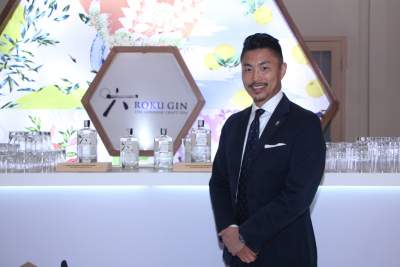 On the rising popularity of gin in India, George Kumekawa, Representative, The House of Suntory, said, “In recent years, we have noticed a strong trend among Indians to opt for premium and craft gin as their spirit of choice as it has a softer flavour profile which is easier on the throat and refreshing in its appeal – perfect for brunches and refreshment occasions. With the introduction of Roku gin in India, we are looking to further build the market for both gin as well as craft spirits to help enthusiasts discover new tastes and experiences.”
On the rising popularity of gin in India, George Kumekawa, Representative, The House of Suntory, said, “In recent years, we have noticed a strong trend among Indians to opt for premium and craft gin as their spirit of choice as it has a softer flavour profile which is easier on the throat and refreshing in its appeal – perfect for brunches and refreshment occasions. With the introduction of Roku gin in India, we are looking to further build the market for both gin as well as craft spirits to help enthusiasts discover new tastes and experiences.” 
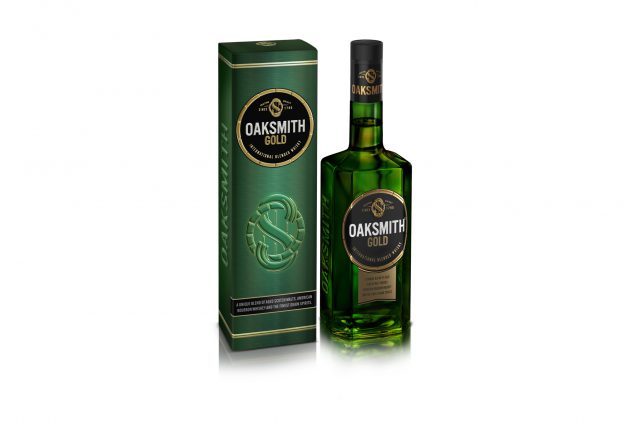
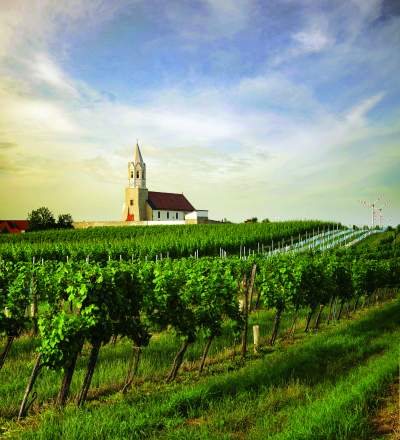
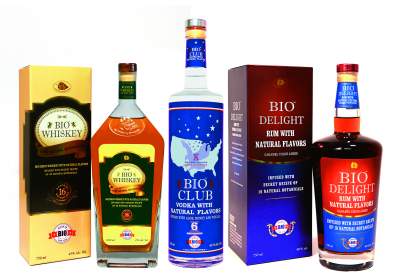
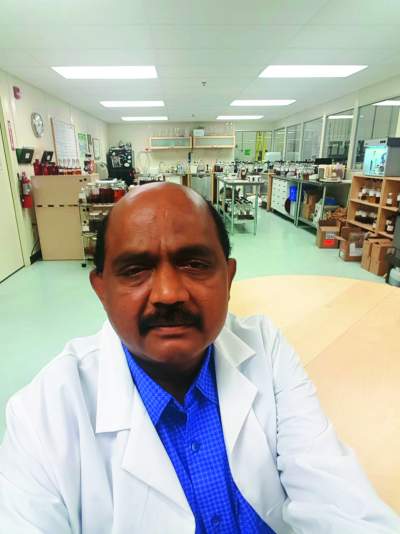 issue. Due to my own personal suffering in family, i.e. my own brother was an alcoholic, made me to find a solution for the problem. With the pain in my mind, I have decided to develop a radically different product to safeguard crores of lives all over. The synthetic flavours which are added in regular liquors have synthetic flavours, artificial colours, smoke and glycerine. I started my research and came up with bio liquors for the first time in the world. My credentials as an ayurvedic doctor and botanist helped. I had been awarded with The Best Doctor and Botanist Award from Sri Venkateswara University. As an Ayurvedic doctor invention is my passion. I have been kept on inventing different type of healthcare products. When I used to get patients suffering from alcohol related ailments, I had made up my mind to come up with a different prototypes of liquor, which has less side effects on human body, and in the process I am successful in inventing the same. Our bio liquors are enriched with the best botanicals, natural herbs and bio alkaloids, without using any artificial/synthetic flavours.
issue. Due to my own personal suffering in family, i.e. my own brother was an alcoholic, made me to find a solution for the problem. With the pain in my mind, I have decided to develop a radically different product to safeguard crores of lives all over. The synthetic flavours which are added in regular liquors have synthetic flavours, artificial colours, smoke and glycerine. I started my research and came up with bio liquors for the first time in the world. My credentials as an ayurvedic doctor and botanist helped. I had been awarded with The Best Doctor and Botanist Award from Sri Venkateswara University. As an Ayurvedic doctor invention is my passion. I have been kept on inventing different type of healthcare products. When I used to get patients suffering from alcohol related ailments, I had made up my mind to come up with a different prototypes of liquor, which has less side effects on human body, and in the process I am successful in inventing the same. Our bio liquors are enriched with the best botanicals, natural herbs and bio alkaloids, without using any artificial/synthetic flavours.
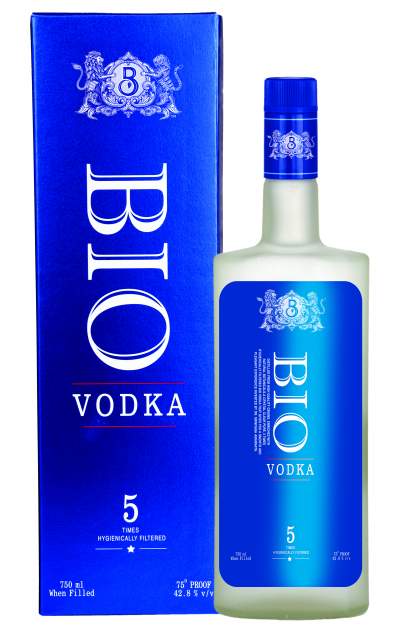
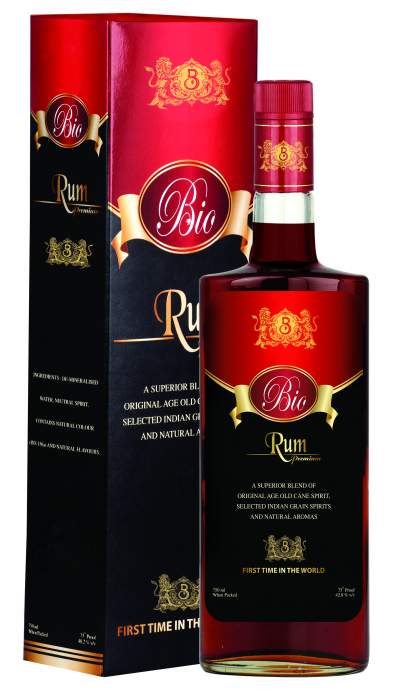 Allotted with own bottling unit by Australian government in New South Wales.
Allotted with own bottling unit by Australian government in New South Wales.
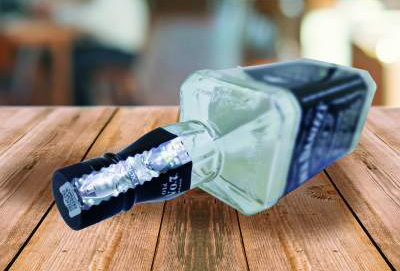
 Excise Duty which is an important source of revenue is continually under threat from the practise of illicit trade. Considerable amount of money which could be used to benefit the government services of a country are being diverted to the pockets of criminals participating in illegal trading. However, more than loss of tax revenue, it could costs Government loss of image/goodwill. The hooch tragedies occur due to illicit liquor consumption eroded the image of state governments which create challenge for state government to ensure consumer confidence.
Excise Duty which is an important source of revenue is continually under threat from the practise of illicit trade. Considerable amount of money which could be used to benefit the government services of a country are being diverted to the pockets of criminals participating in illegal trading. However, more than loss of tax revenue, it could costs Government loss of image/goodwill. The hooch tragedies occur due to illicit liquor consumption eroded the image of state governments which create challenge for state government to ensure consumer confidence.
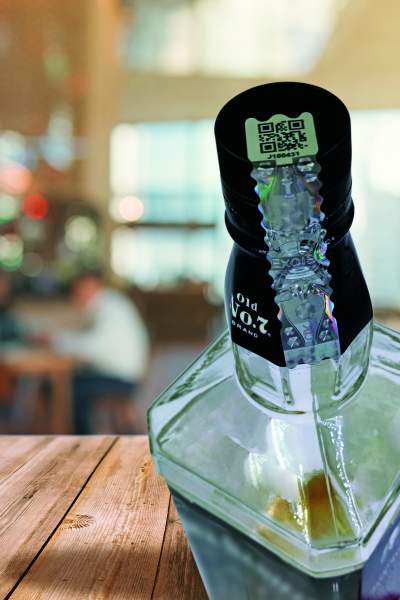 In India, Excise Department need to think about TAX Stamps as tool beyond tax collection tools. The existence of cheaper, less-sophisticated, less effective stamps and marks potentially dilute the value proposition around their use as platforms to implement the global guidelines. Instead of using it is a mere product, they need to reframe their work on their Tax Stamp Programme as an opportunity for consumer and industry empowerment.
In India, Excise Department need to think about TAX Stamps as tool beyond tax collection tools. The existence of cheaper, less-sophisticated, less effective stamps and marks potentially dilute the value proposition around their use as platforms to implement the global guidelines. Instead of using it is a mere product, they need to reframe their work on their Tax Stamp Programme as an opportunity for consumer and industry empowerment.
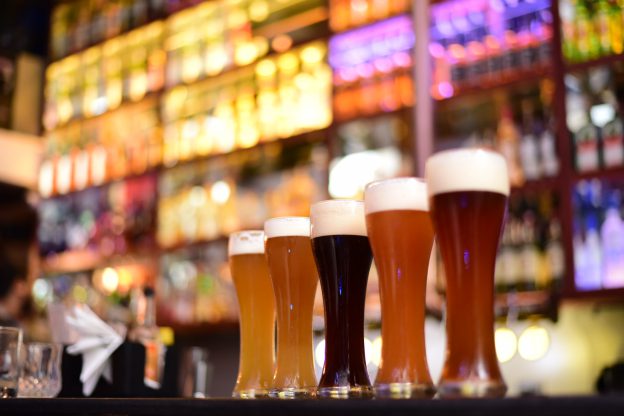
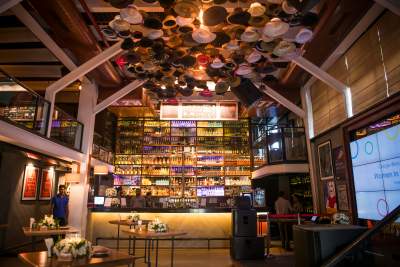 Most restaurants specialize either on food on their drinks, but the people behind Loft are clear that they want the best of both. “The food we serve is global cuisine with an Indian touch, which has been curated by Chefs Nishant Choubey and Tarun Sibal to bring this to life. The drinks and cocktails have been curated with support from Arijit Bose’s Bar Back Collective and the HT Hospitality,”said the Manager Operations.
Most restaurants specialize either on food on their drinks, but the people behind Loft are clear that they want the best of both. “The food we serve is global cuisine with an Indian touch, which has been curated by Chefs Nishant Choubey and Tarun Sibal to bring this to life. The drinks and cocktails have been curated with support from Arijit Bose’s Bar Back Collective and the HT Hospitality,”said the Manager Operations.
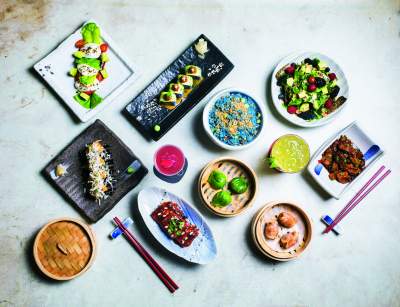
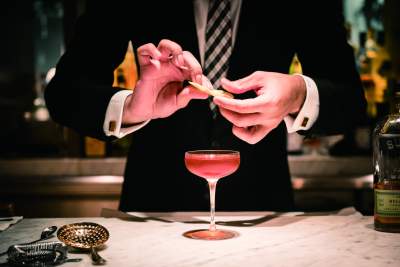
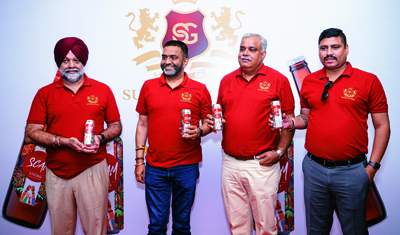

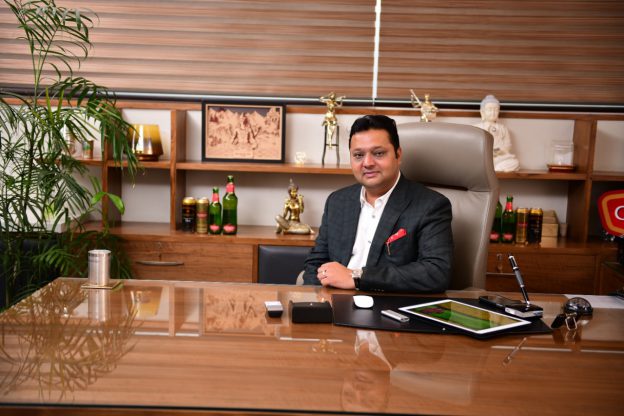
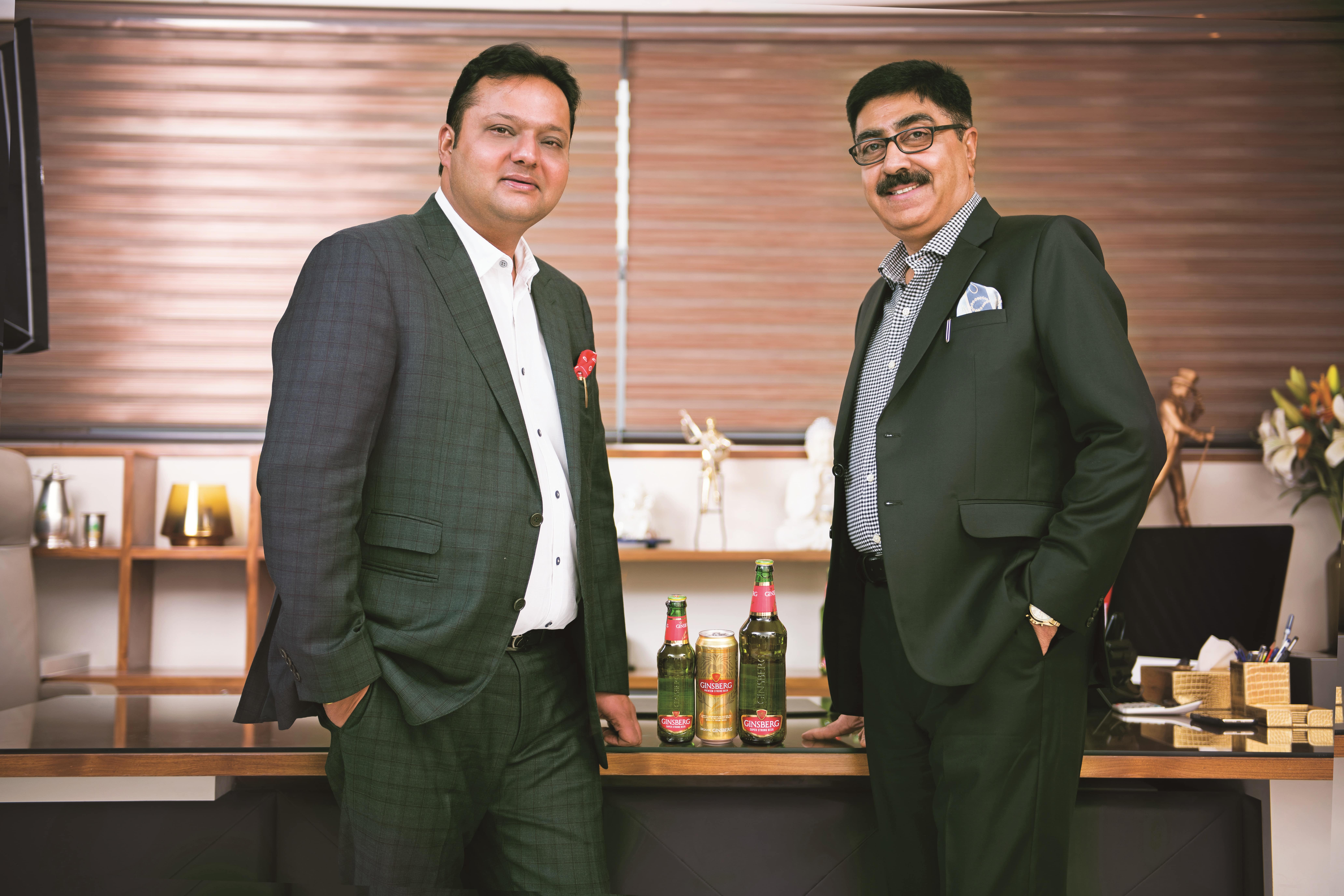
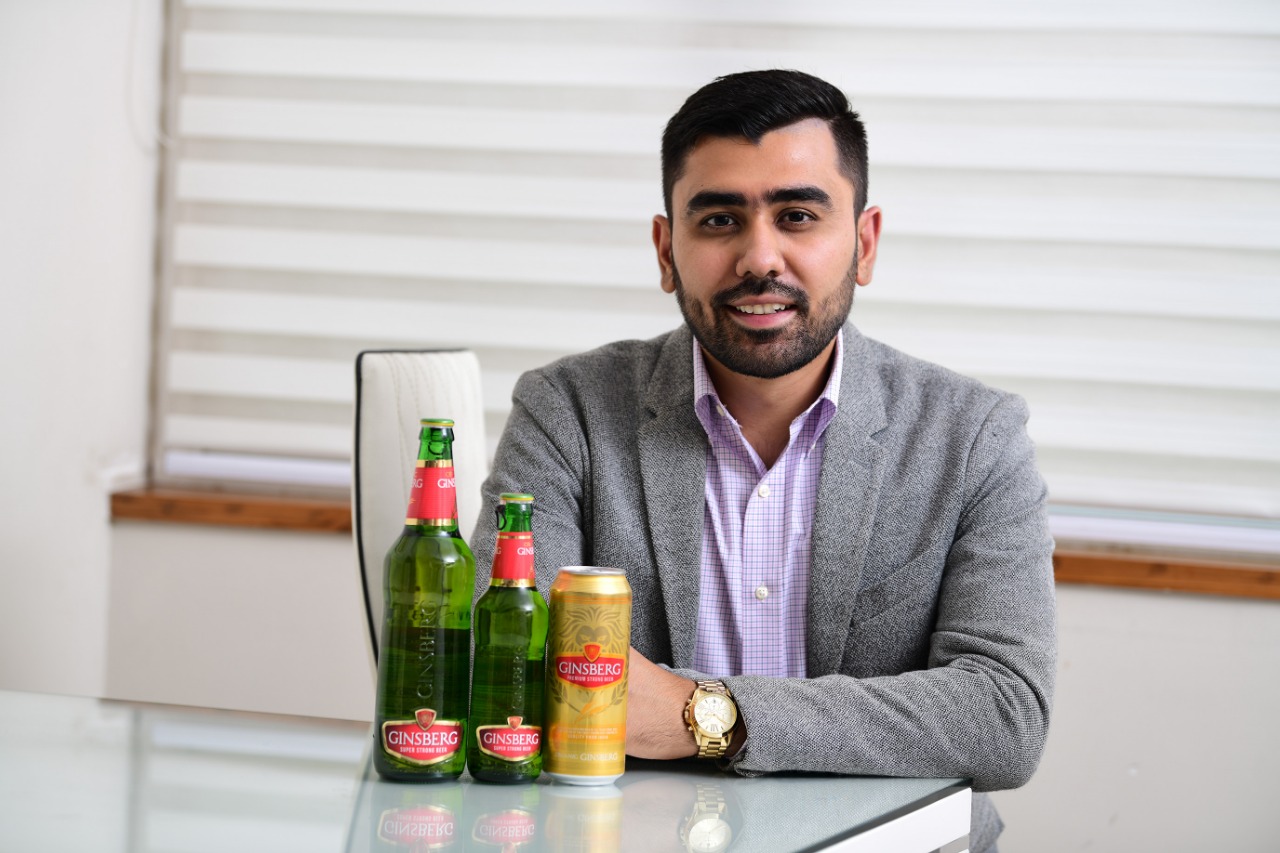

 Sales of spirits through e-commerce may not be as pronounced as wine, but IWSR research shows that around US$6.5b of spirits were sold online in 2018, a figure that represents 2% of all global spirits’ value sales. For example, ecommerce is reported to now be Pernod Ricard’s fastest growing channel.
Sales of spirits through e-commerce may not be as pronounced as wine, but IWSR research shows that around US$6.5b of spirits were sold online in 2018, a figure that represents 2% of all global spirits’ value sales. For example, ecommerce is reported to now be Pernod Ricard’s fastest growing channel.